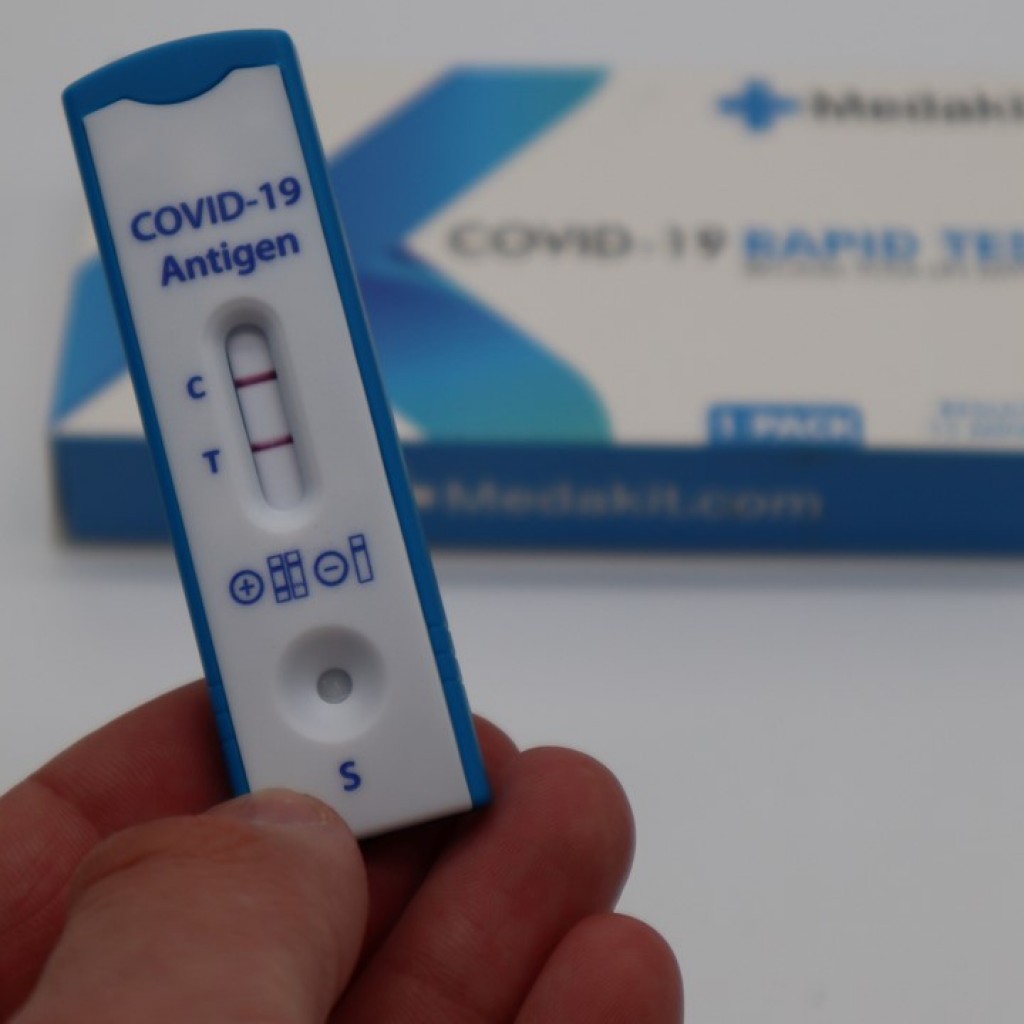With the second phase of lockdown easing well and truly underway, the government has highlighted the important role that employers can play in the fight against Covid-19 by urging businesses to make use of free lateral flow tests. The last day for employers to register to receive free tests was 12 April 2021, but there are still other options available if you missed this deadline. Here, we look at some FAQs about testing in the workplace and address your responsibilities as an employer.
What is lateral flow testing?
Lateral flow testing is a fast and simple way to test people who do not have symptoms of Covid-19, but who may still be spreading the virus. The tests are easy to use and give results in less than 30 minutes. Lateral flow devices do not require a laboratory to process the test. They are designed to be intuitive and require minimal training to operate. Current government guidance recommends that private-sector employers should offer their workforce (who are on-site) access to a minimum of 2 lateral flow tests every week to help identify staff who are carrying the virus without displaying symptoms, reducing the risk of transmission. The deadline to register for free rapid lateral flow tests was 12 April 2021. If you have already registered, you can order free tests until 30 June 2021. If you have not registered you cannot order free test, but there are other testing options you could consider which are set out below.
How should I carry out Covid testing in the workplace?
There are three options for testing:
- Carry out your own testing - Employers who registered for free tests before the 12 April 2021 deadline can order the tests until 30 June 2021 and set up their own on-site testing programmes, outside of that which currently exists with the NHS Test and Trace service. Further advice on this and how to carry out the testing can be found here.
- Use a third-party provider - Employers who did not register for free tests before the deadline or who would like on-site testing but would prefer a private provider to organise and run the testing on their behalf can partner with one of the providers on the government approved list of providers. Employers will need to pay for this service themselves but are still eligible to order the free government testing kits providing they registered before 12 April 2021.
- Community testing - For organisations in the public and private sector that have fewer than 50 employees, access to testing is through local authorities who are establishing testing sites for those without symptoms within their local areas. If you are an organisation with fewer than 50 employees, you should visit your local authority’s website to find out more about their testing services.
Can staff refuse to take a Covid test?
The short answer is yes; you cannot physically make an employee take a test. The key issue is likely to be what action you take with those who are reluctant to be tested. Our advice is to consult with employees or employee representatives about testing before a policy is put in place. Ideally you would come to an agreement with staff and this would then form the basis of a policy which would encourage staff to agree to be tested. If any employee has particular concerns, we suggest that you try to address these and persuade the employee to be tested, rather than moving straight to issuing a formal instruction.
The ACAS advice on this is: “If an individual does not agree to be tested, the employer should listen to their concerns. Employers should be flexible and try to find ways to resolve any issues” – which is less than a resounding support for the idea of mandatory testing. ACAS goes on to recommend that employer and employee talk about:
- the reason the employee does not want to get tested.
- what might help resolve the issue.
- any other options that mean the employee would not need to get tested, for example if they're able to work from home.
What can I do if an employee refuses to take a Covid test?
As matters stand, it would not be advisable to simply introduce a rule requiring testing without doing everything you can to secure employee agreement. Try to engage with staff to get them to agree, for example, offering to maintain pay during any period of self-isolation may win converts. If there is a really compelling reason to introduce testing and staff persist in refusing, you could choose to discipline and ultimately to dismiss; however if you do this, you may be at risk of a legal challenge and the onus would be on you to demonstrate the need for testing, so it is a matter of balancing that risk against what you consider the risk is to your business if you refuse.
What about the pay of an employee who has a positive Covid test result?
Current government guidance states:
“If your employee is on sick leave or self-isolating as a result of coronavirus, they may be able to get Statutory Sick Pay (SSP). The Coronavirus Job Retention Scheme is not intended for short-term absences from work due to sickness.
Short term illness or self-isolation should not be a consideration in deciding whether to furlough an employee. If, however, employers want to furlough employees for business reasons and they are currently off sick, they are eligible to do so, as with other employees. In these cases, the employee should no longer receive sick pay and would be classified as a furloughed employee.”
Based on this, you should not put an employee on furlough simply because they have tested positive for Covid-19. Instead, they should be paid SSP or contractual sick pay (assuming they qualify). You may also want to consider maintaining employees’ pay during any period of self-isolation following a positive test. Whilst there is no obligation on you to do this, it may encourage staff to participate in regular testing if they know their pay will not be affected by a positive result.
Do I need to consider data protection?
Yes. You will need to comply with data protection legislation. This means that you will need to process the information lawfully, fairly and transparently. As long as there is a good reason for doing so, data protection law will provide a lawful basis for processing health data in relation to Covid-19 but be aware that personal data that relates to health is sensitive and is classed as ‘special category data’ that requires additional safeguards.
Where can I find more information?
For further information on testing, good pratcice guidance, and data protection visit the links below.
Government guidance ACAS guidance ICO guidance
Find out more
For any other help or support please contact our dedicate Employment Law team or Data Protection team who can advise you on how to proceed.





